
They Are Slaughtering Us Like Animals
According to an article published on March 1st in the French newspaper Courrier International, the war against drugs in the Philippines, launched by President Rodrigo Duterte during his came to power in June 2016, would have resulted in more than 7,000 casualties. The government gives immunity, or even a reward to any person who manages to bring in a trafficker or a consumer of drugs, dead or alive.
The Parliamentarians voted for the reinstatement of capital punishment in order to help carry out this famous war against drugs. According to President Duterte, users and drug traffickers are not entitled to human rights, therefore ordering authorities to kill them on sight. He deployed guards to patrol the city of Manila every night and to kill people in the streets. However, with widespread corruption in the Philippines, many of these security guards are police officers who are themselves involved in drug trafficking.
The photojournalism news coverage entitled: “Have we opened the gates of hell? ” These are reporters and cameramen who reflect on the way in which this particular war on drugs takes place. They are called the “night crawlers”, being news journalists who work during the night, the time when corpses appear in the streets of Manila. It is often appalling. The preferred method of the killers is to ride in twos on a motorcycle, approaching the alleged drug trafficker or consumer and kill them with a bullet to the head.
They sometimes make more elaborate setup to target the traffickers. We often find the corpses in the streets with their faces completely taped and with posters saying demeaning things such as ‘dirty dog, you had it coming’. News media and reporters are often invited by the police before the event takes place to ensure media coverage. They ask journalists to describe the consequences of drug use and to get the word out to the public, a form of propaganda. Journalists then establish their role as informers to inform the public about the social damages linked to drug consumption.
This hard work to bring in several international journalists, including Daniel Berehulak of the New York Times, a war reporter who made a fascinating coverage published in December 2016. Some unimaginable scenes.
We often talk about desensitization, by seeing so many violent images. All photographers involved indicate that what is important is to humanize the victims, by recalling that these people have families. The work of journalists is fundamental in making the impacts of this social war known. The importance of testifying to the horrors that are happening in the Philippine society helps to ensure recognition and social pressure.

Daniel Berehulak (born in 1975) is a photographer and an Australian photojournalist based in New Delhi. Originating from Sydney, Australia, he is a regular contributor to the New York Times. He has visited more than 60 countries to cover events, including Iraq, the Afghan Wars, the trial of Saddam Hussein, the work of children in India and the return of Benazir Bhutto in Pakistan. He has also documented numerous social problems and people facing the consequences of natural disasters, including the tsunami in Japan and the nuclear disaster. In 2015, he received the Pulitzer Prize in Photography for his coverage of the Ebola epidemic in West Africa. He was a finalist of the Pulitzer Prize for his coverage of the floods in Pakistan in 2010. His photographs have won five World Press Photo prizes. He has been named photographer of the year twice by Pictures of the Year International (2014 and 2015). In 2016, he was appointed photographer of the year (published at a large publication) for his photojournalistic content by the National Press Photographers Association.
Références
« They Are Slaughtering Us Like Animals », Daniel Berehulak, Newyorktimes.com, December 2016
« I Will Kill All the Drug Lords« The making of Rodrigo Duterte, Sheila Coronel Sep 20, 2016



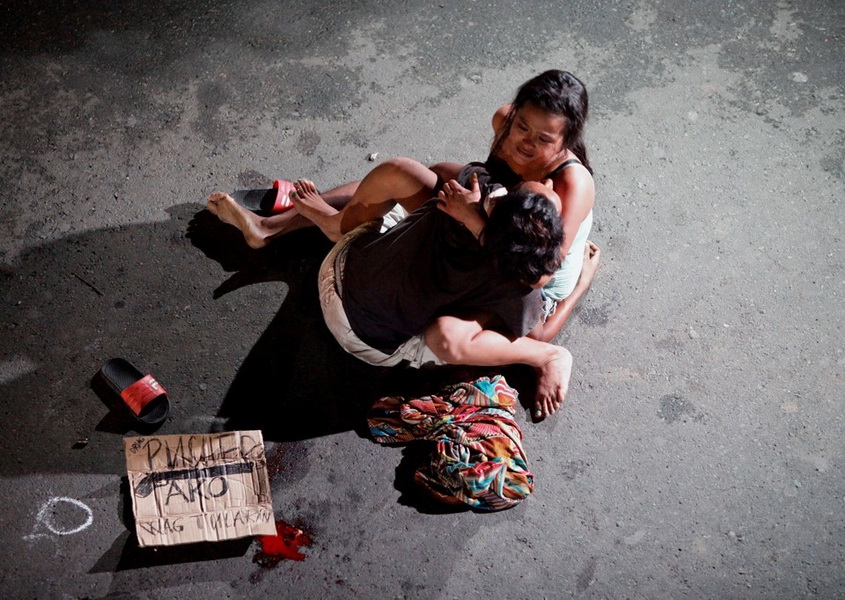
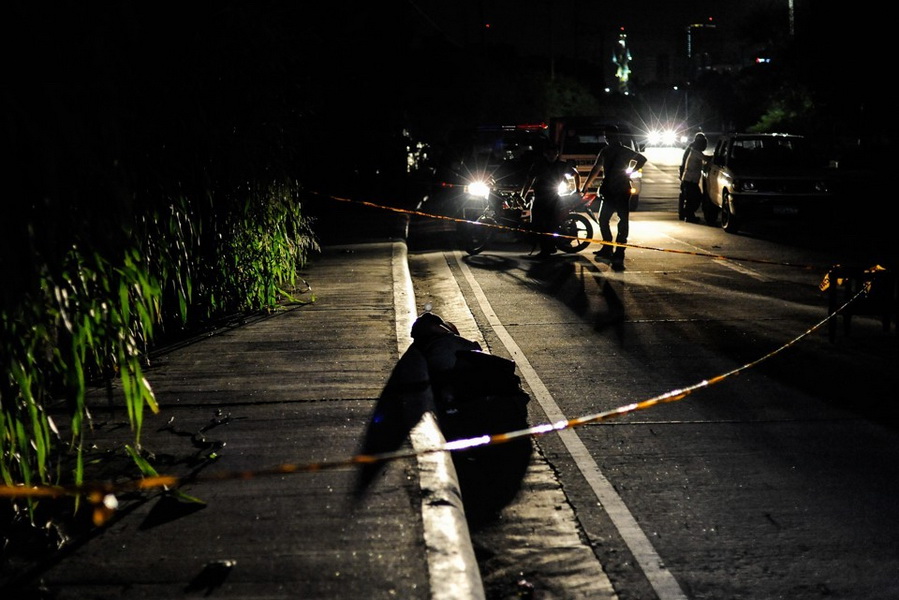
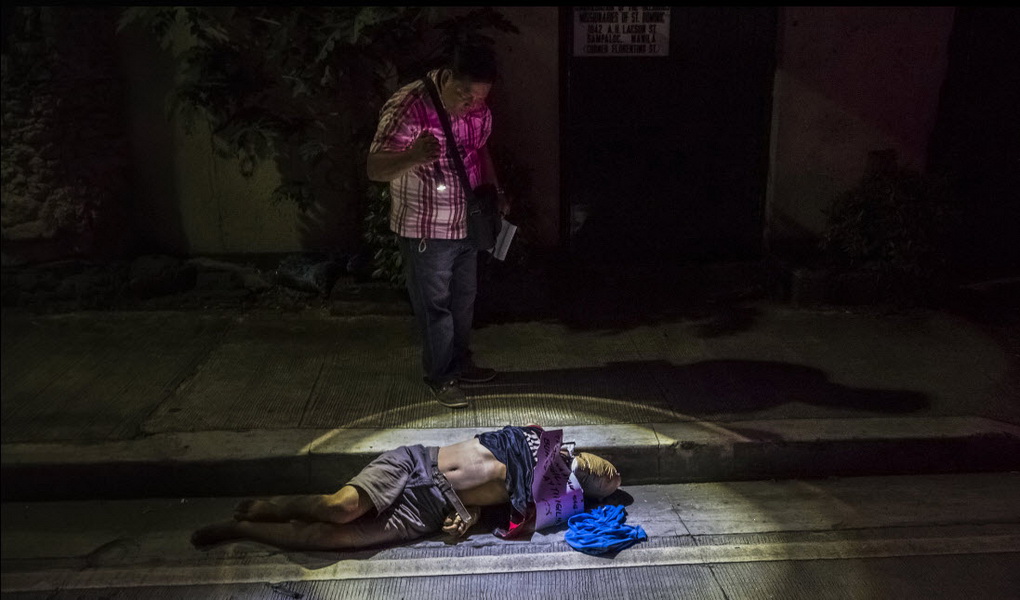
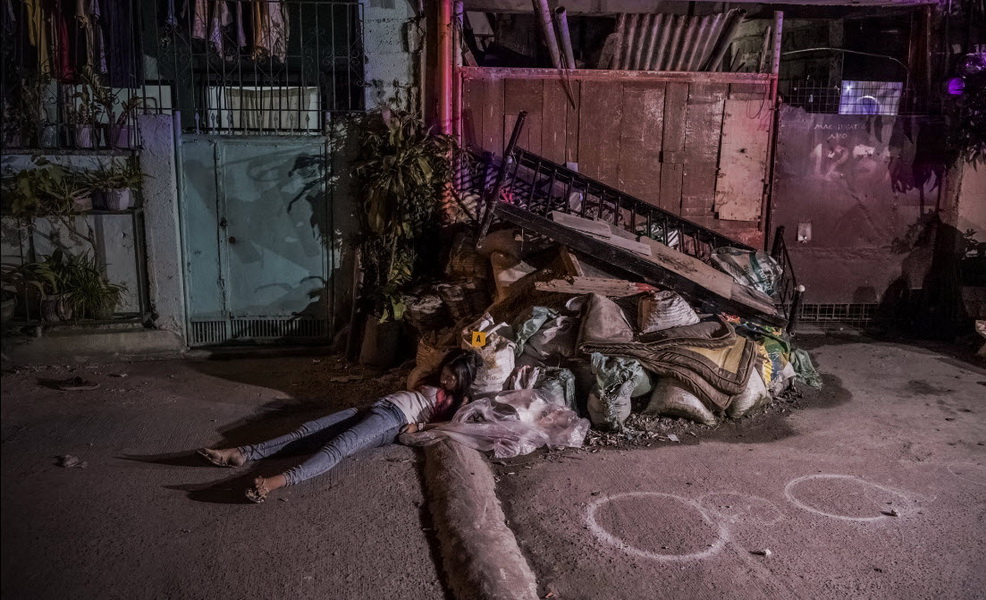
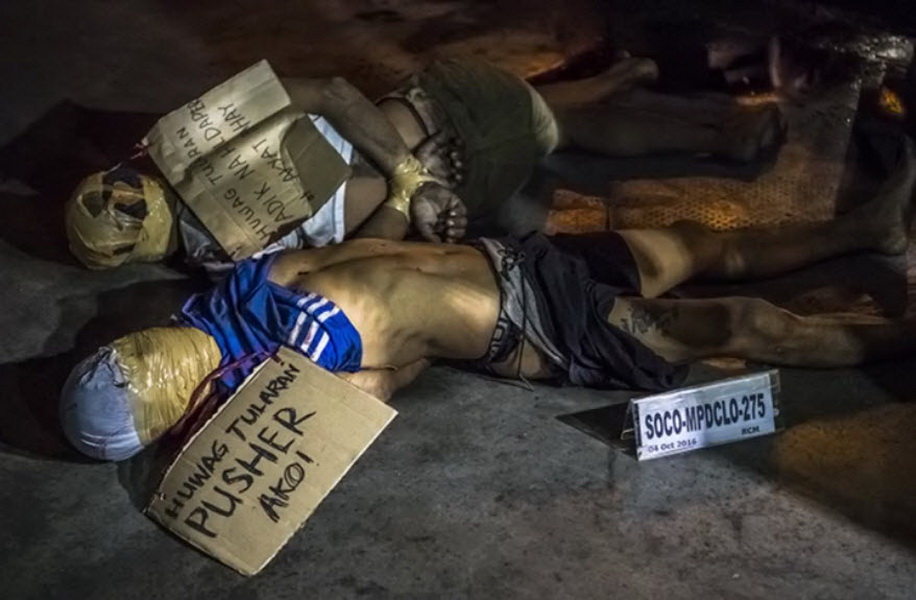

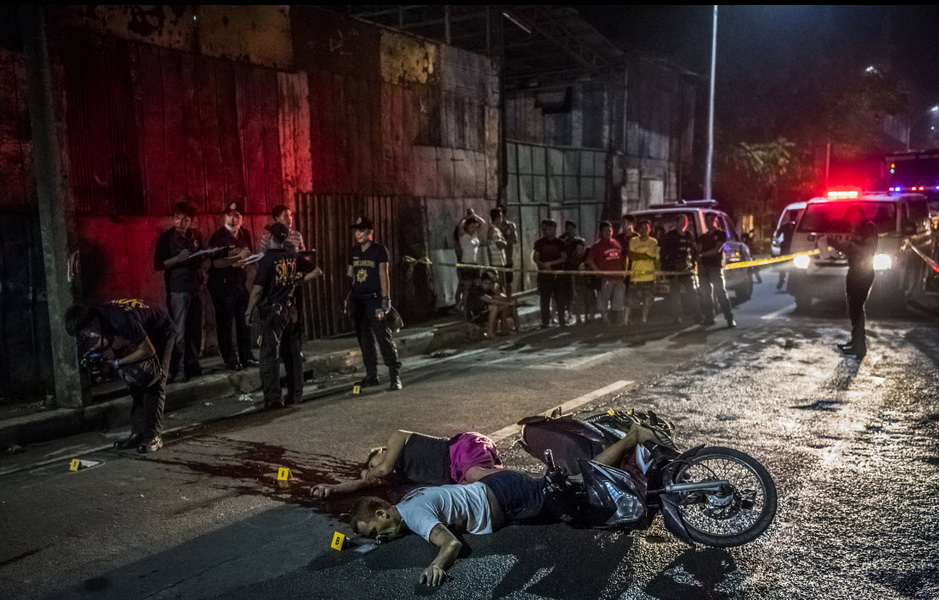
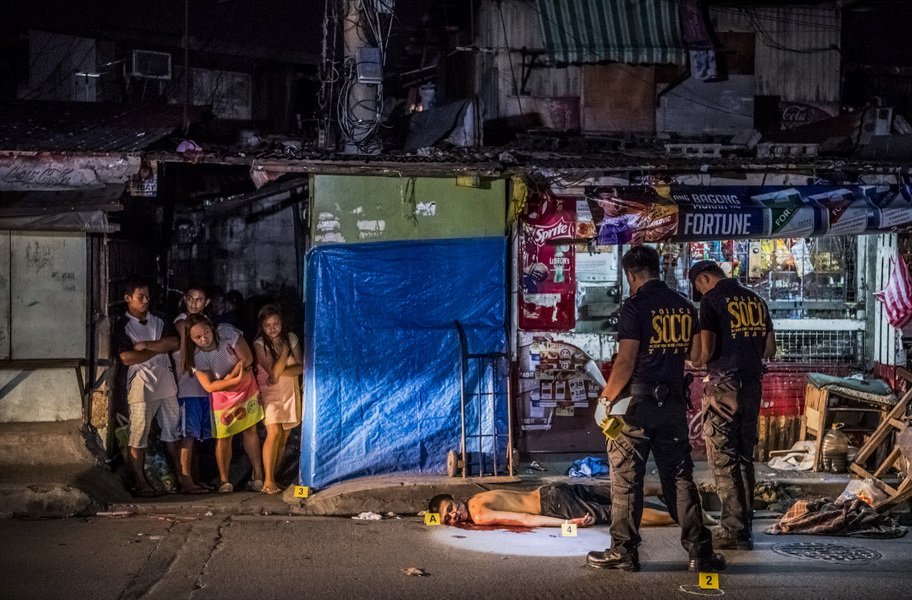

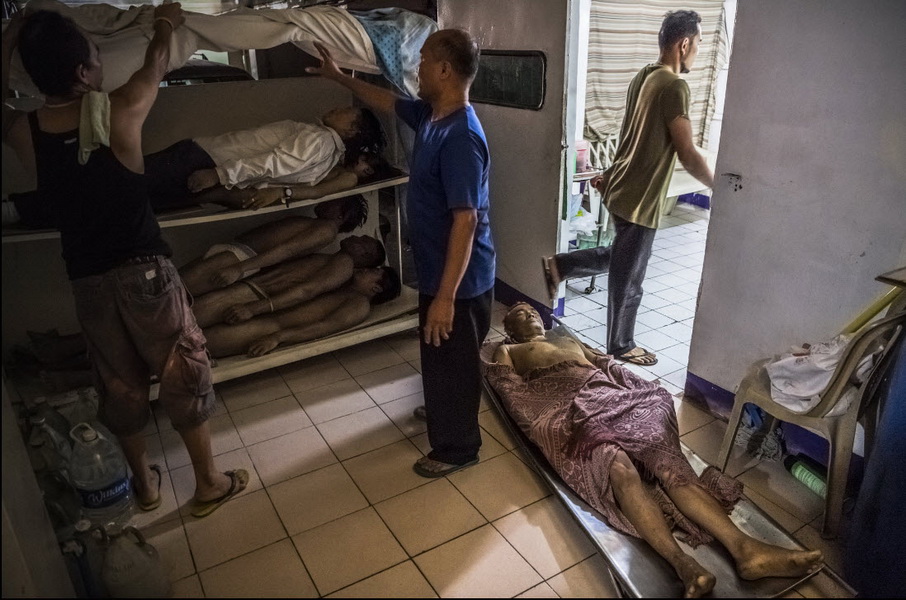
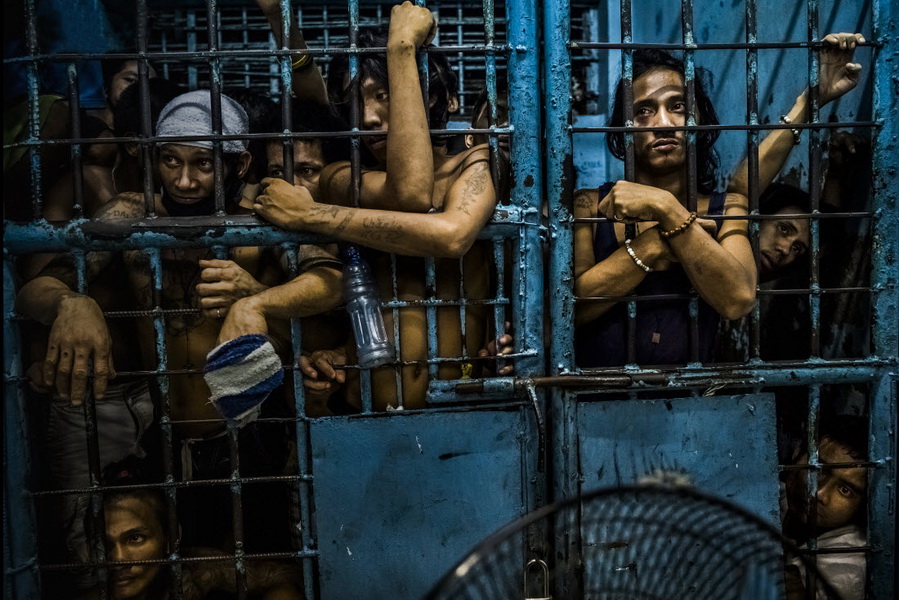
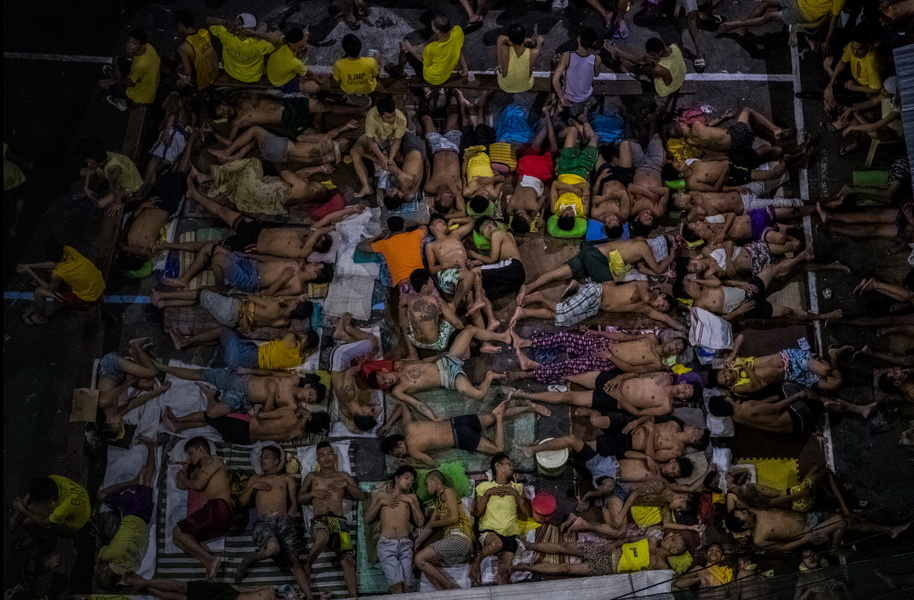
No Comments